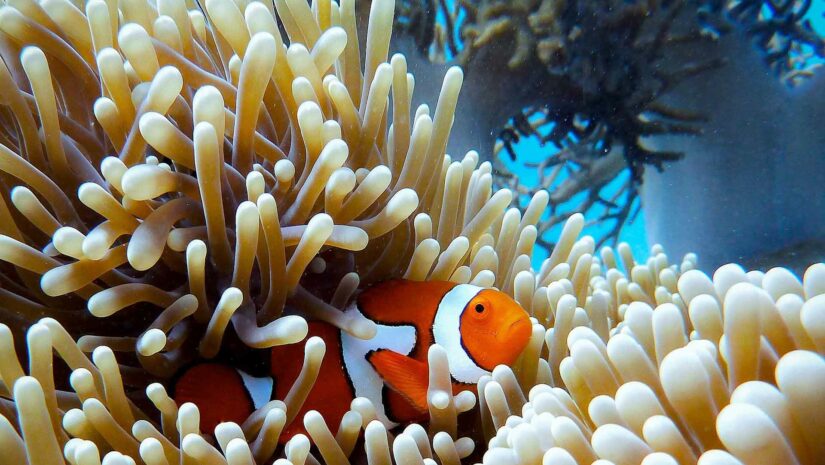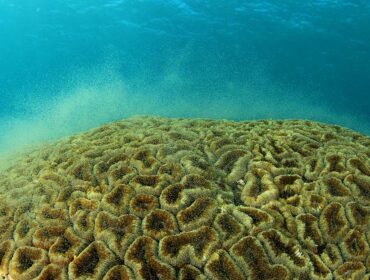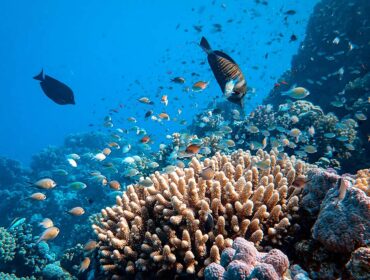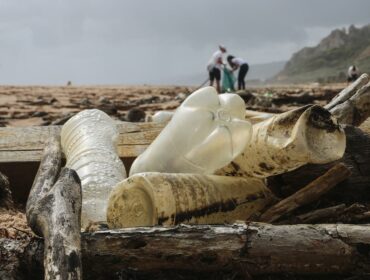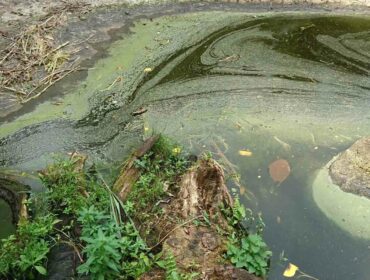Coral reefs are considered to be one of the most diverse and valuable ecosystems on earth. From the Great Barrier Reef to the Caribbean’s treasures, coral reefs are an important and integral part of ocean life.
Why are coral reefs important?
Unlike other marine ecosystems, coral reefs support more species per unit area, including about 4,000 species of fish, 800 species of hard corals, and hundreds of other marine life. This doesn’t include the millions of undiscovered species that take shelter along coral reefs.
Coral reefs are vital ecosystems that play a crucial role in maintaining marine biodiversity and supporting countless marine species. These reefs act as natural barriers, protecting coastlines from storms, erosion, and flooding, safeguarding human communities. Additionally, they serve as nurseries for various fish species, sustaining fishing industries and providing a significant food source for millions of people worldwide.
Coral reefs also contribute to carbon and nutrient cycling, helping to regulate the global climate and maintain water quality. Furthermore, these stunning habitats boost tourism, generating economic benefits for coastal communities and raising awareness about the importance of preserving our delicate marine environment.
People depend on the marine creatures that inhabit coral reefs more than they realize. About 500 million people around the globe rely on coral reefs for food, income, and coastal defense. They also protect coastlines from the damaging effects of waves and tropical storms.
Yet for some reason, people still tend to take these marine ecosystems for granted.
The World’s Coral Reefs Are Under Threat
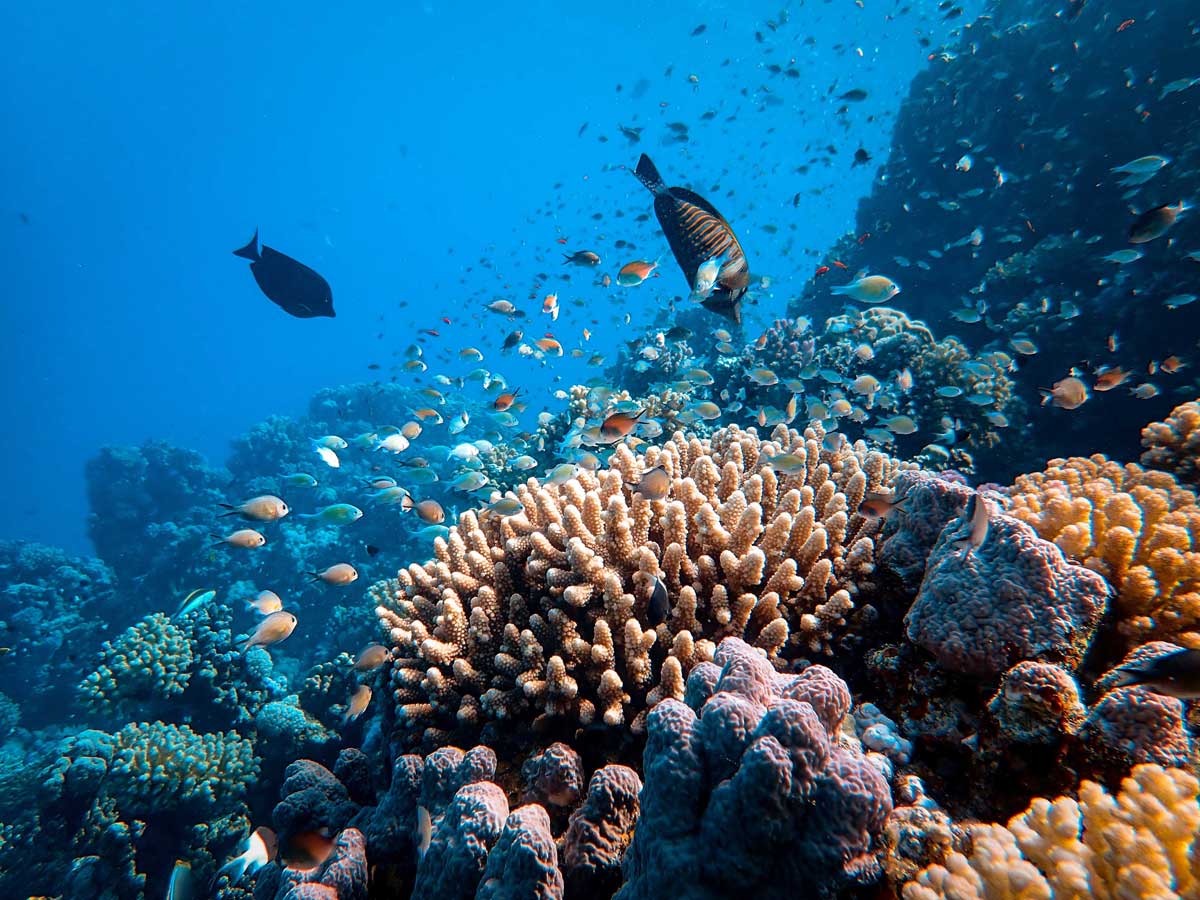
Preserving the biodiversity of marine life is crucial because scientists believe they hold the key to finding new medicines in the 21st century—which is particularly important in light of the COVID-19 pandemic and potential future pandemics.
In fact, drugs are currently being developed from coral reef plants and marine life extracts as possible treatments for diseases like cancer, arthritis, bacterial infections, heart disease, and more.
But in spite of their significant economic and recreational value, coral reefs are threatened by pollution and habitat destruction. This can’t go on forever because once coral reefs are damaged, they will fail to support the marine creatures inhabiting the area and would lose value as tourist destinations.
So where does that leave us?
As responsible citizens, it’s our duty to uphold environmental consciousness to keep our coral reef populations healthy. Even something as small as practicing proper waste disposal and educating ourselves about the possible threats to marine life can go a long way in preserving the coral reefs we depend on so much.
Let’s take a closer look at the role coral reefs play in the global ecosystem.
5 Ways Coral Reefs Benefit Humans
Aside from providing essential resources, like food and drugs, coral reefs preserve the natural order by purifying water and air and breaking down pollutants.
Here are the five crucial roles played by coral reefs:
- Coastal protection
- Preservation of biodiversity
- Fishing industry support
- Tourism support
- Advancements in medical research
Coastal Protection

Coral reefs are often called the rainforests of the sea. Even though they cover less than one percent of the ocean floor, reefs support about 25% of all marine life, including fish, invertebrates, and sea mammals.
On top of that, these reef structures play an important role as natural breakwaters, helping reduce the impact of cyclones, hurricanes, and typhoons. Since they extend tens of meters into the ocean, they’re effective in absorbing elements from the ocean and reducing coastal erosion.
Studying these coral reefs is important because they provide a clear record of climatic events throughout history. After all, the impact of storms and human activity are recorded in changes in coral growth.
Moreover, without coral reefs, some countries that are built on coral reefs—such as the Maldives, Kiribati, Tuvalu, and the Marshall Islands—would cease to exist.
Preservation of Biodiversity
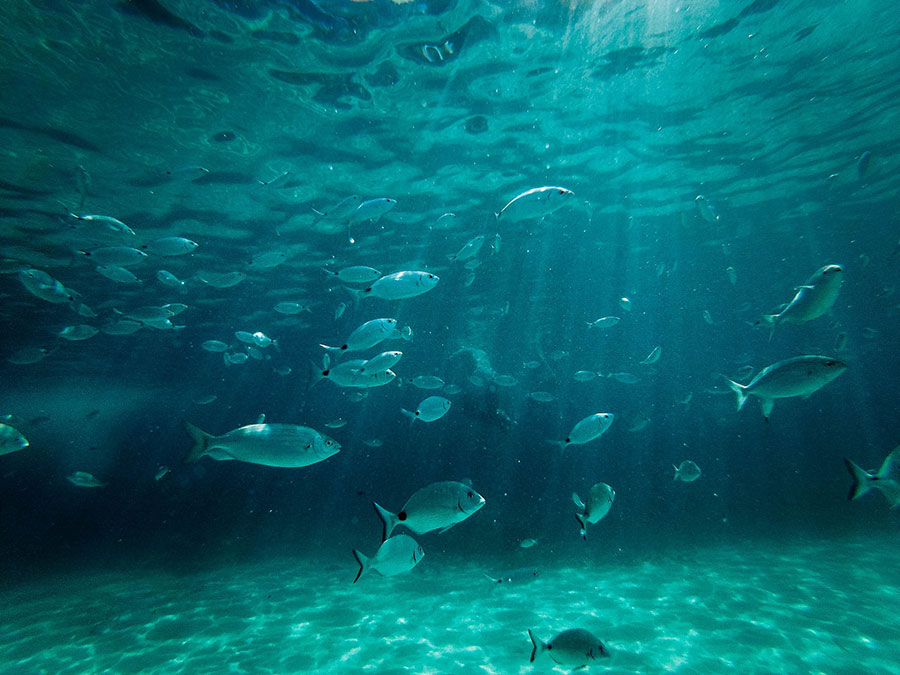
Over one million plants and animals can be found within marine labyrinths of living limestone.
Coral reefs are host to juvenile fish that live further offshore, which form the backbone of other ecosystems. Mangroves are also sought after by some species of fish because it’s where they lay their breeding juvenile ecosystems.
Marine lifeforms take shelter in corals because they provide nitrogen, assist in carbon fixing, and provide other essential nutrients.
More importantly, the absence of reefs would leave thousands of marine species without a home. Since corals serve as a protective barrier for these organisms, the exposure could cause imbalances to the food web and lead to a decline in fish populations.
Fishing Industry Support
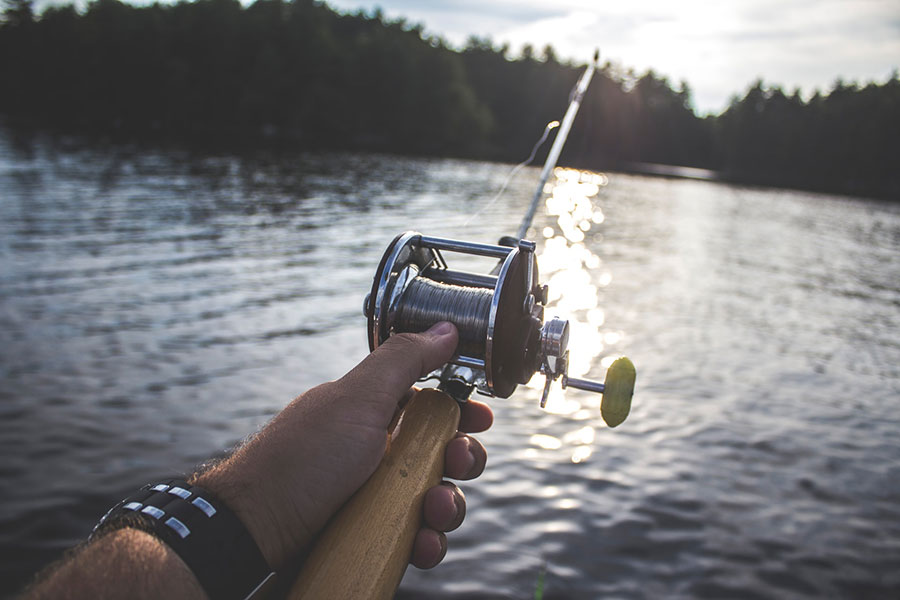
Healthy coral reefs keep fisheries in business. About half of all federally managed fisheries depend on marine ecosystems and related habitats for their income.
The National Marine Fisheries Service estimates that the commercial value of fisheries in the United States is over $100 million. Moreover, the Great Barrier Reef generates more than $1.5 billion every year for the Australian economy.
But fisheries aren’t the only ones reaping the benefits of coral reefs. Data shows that more 275 million people live within 10 kilometers of coastline and 30 kilometers of coral reefs. Those within close proximity of these areas derive much of their food directly from the waters.
Tourism Support

Tourism is one of the world’s largest industries, contributing significantly to the global economy. A lot of tourism depends on the natural environment, and coral reefs can be considered the poster child of nature-based tourism.
Corals hold much appeal for those seeking to swim over glimmering gardens of coral alongside colorful hordes of fish.
Corals reefs are so alluring, in fact, that a study published in the Journal of Marine Policy reveals that they support 70 million trips every year, making them a powerful engine for tourism. Reef-adjacent tourism—or everything that encompasses beaches, local seafood restaurants, paddleboarding, and the like—account for $16 billion a year.
Visitors are even willing to pay a premium for “pristine” and “remote” areas where they can enjoy these panoramic seascapes even more.
Advancements in Medical Research

Corals are vast storehouses of genetic resources with significant medicinal potential.
Since coral reefs are stationary organisms, they’ve evolved chemical defenses for greater protection against predators. Scientists are conducting research on the potential of these substances because they represent an important source of medical treatment and nutritional supplements.
Several products from marine organisms have already been made, including cancer therapy from algae and painkillers taken from snail venom. In a similar vein, one of the earliest modern medicines obtained from corals contributed to the development of the antiviral drugs Ara-A and AZT, as well as the anticancer agent Ara-C. These were developed from sponge extracts found in a Caribbean reef.
Coral Reefs: Frequently Asked Questions
If coral reefs died, it would have catastrophic consequences for marine biodiversity and coastal communities. Countless marine species would lose their habitats, leading to a collapse in fisheries and food chains. Coastal areas would become vulnerable to erosion, storms, and flooding, impacting human livelihoods and economies.
Coral reefs are essential in the fight against climate change as they sequester and store vast amounts of carbon dioxide from the atmosphere. Additionally, their growth contributes to the production of limestone, locking away carbon for extended periods. Preserving healthy reefs can mitigate the impacts of rising greenhouse gas levels.
Conclusion
Coral reefs are undeniably crucial to human well-being and the health of our planet. These vibrant ecosystems provide us with invaluable resources, such as fisheries, medicines, and economic opportunities through tourism. Moreover, they act as natural barriers, shielding coastal communities from the ravages of storms and erosion. As we witness the escalating threats to coral reefs, it becomes imperative to recognize their significance and take concerted efforts to protect and restore these precious habitats. Preserving coral reefs not only safeguards marine biodiversity but also ensures a sustainable future for generations to come.

